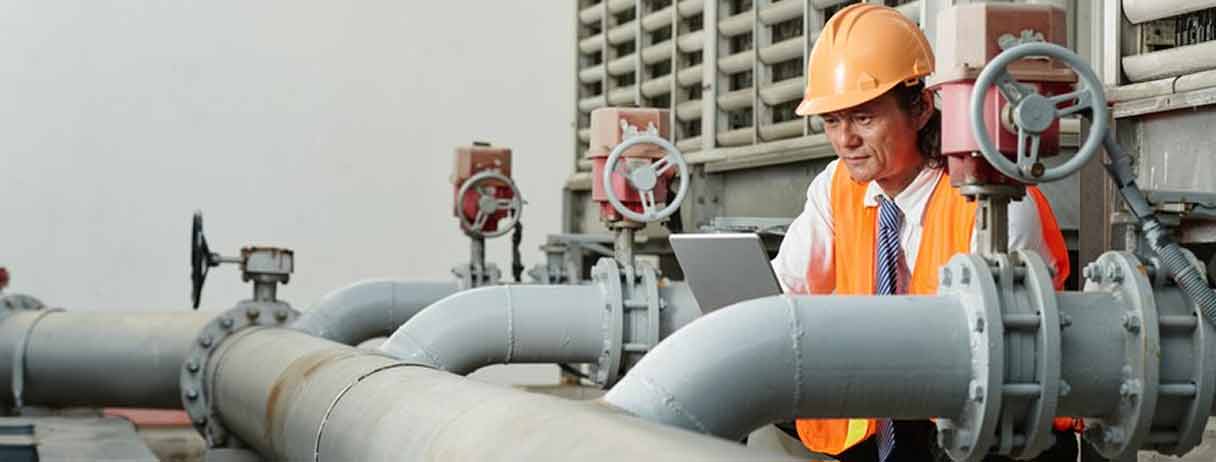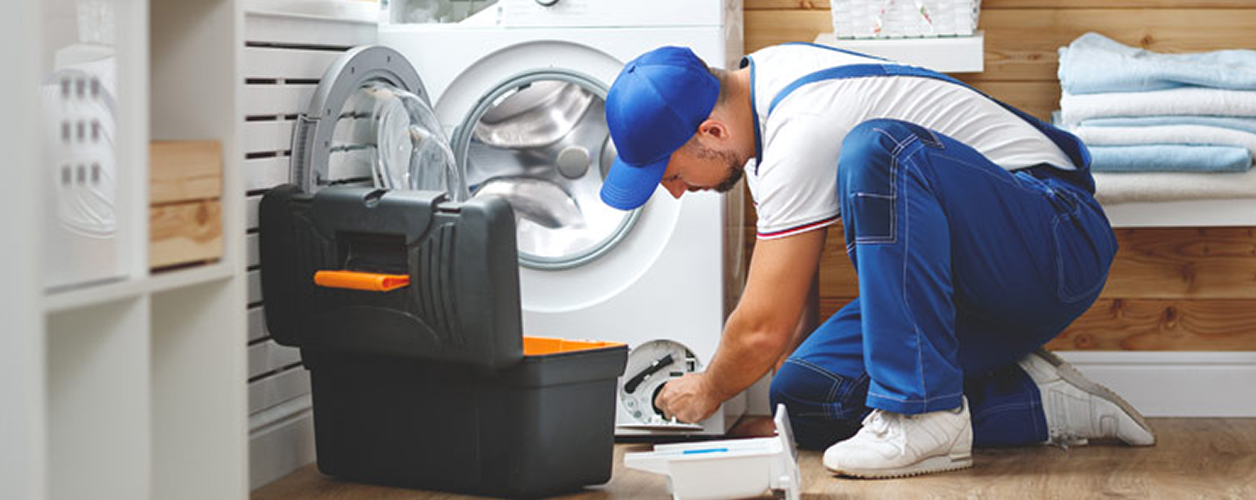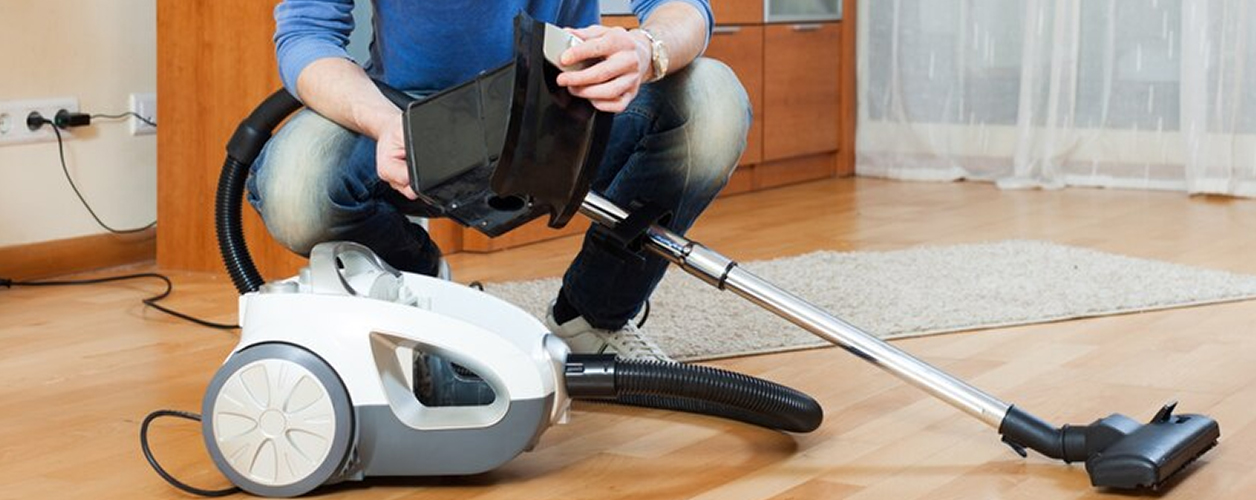Causes of Gas Pipeline Leaks
The reasons for gas pipeline leaks can be many, and pinpointing these sources is essential for addressing & eliminating possible risks. Here are five typical reasons why gas pipeline leaks occur:
- Corrosion: When the metal in pipes reacts with the environment, moisture, and impurities, corrosion takes place naturally. Corrosion can damage pipeline walls over time, causing cracks and holes that eventually cause leaks.
- Defects in the construction or installation: Weak spots in pipelines can be produced by poor building techniques; insufficient welding; subpar materials; or incorrect installation. If the pipeline is unable to resist the pressure and stress it encounters, these flaws might result in leaks.
- External Interference: Without taking necessary precautions, drilling, construction work, & excavation near gas pipelines might unintentionally compromise the integrity of the pipeline. Pipelines can be punctured or ruptured by large machinery, construction tools, or even outside forces, leading to leaks.
- Natural disasters: Landslides, floods, earthquakes, and soil erosion can damage pipelines and cause leaks. Pipelines may be stressed by the movement of the Earth's crust or by changes in the landscape, leading to their cracking or breaking.
- Material Fatigue: Over time, cyclic stress, temperature variations, and pressure fluctuations can cause material fatigue in even well-maintained pipes. Cracks, fractures, & leaks may be caused by this fatigue, particularly in areas where there is a large concentration of stress.
Signs of Gas Pipeline Leaks
Early gas pipeline leak detection is essential for preventing risks and ensuring the safety of the surrounding places. The following six symptoms might point to a gas pipeline leak:
- Distinctive Odour: Natural gas is odourless, but a strong, rotten egg-like odour is added to it to make it easier for people to discover leakage. If you notice this distinctive sulphur or natural gas odour next to a pipeline, it is a sure sign that there may be a leak.
- Hissing or Whistling Sounds: Hissing or whistling noises can be produced by gas leaking from a pipeline. These sounds can also include roaring. There may be a leak if you hear strange noises coming from beneath pipelines.
- Dead Vegetation: Plants and neighbouring vegetation may be harmed by a gas release. It is possible that leaking gas is harming the root systems of plants. For this, you can check dead or dying plants in an area that was previously green & healthy.
- Water Body Churning or Bubbling: If you notice water churning or bubbling along pipeline routes; such as in ponds, streams, or puddles, it may be a sign that gas is leaking and rising to the surface.
- Unaccounted-for flames or flames that are out of the ordinary: If flames are appearing from the earth where they shouldn't, it may be the result of gas seeping and igniting. These flames might be random and minor.
- Unexplained Flames or Flames Out of Place: Pipeline infrastructure that is above ground and has physical damage, such as dents, scratches, or exposed pipeline portions, might be a possible leak location. Natural factors or outside meddling may have caused this.
Your Response To Symptoms Pointing To A Gas Pipeline Leak
- Move away from the location and leave immediately.
- Avoid utilising anything that might spark, including open fires, electrical switches, and spark-producing equipment.
- Instead of attempting to remedy the leak yourself, report it to the proper authorities. Contact a neighbourhood gas provider or emergency services.
- Always keep in mind that while dealing with probable gas leaks, safety should come first.
Maintenance Tips for Preventing Gas Pipeline Leakage
Gas pipeline leaks require an advanced method that combines efficient response, detection, and prevention. The following solutions you can use to address gas pipeline leaks so that you can ensure safety easily:
Advanced Leak Detection Systems
Install advanced leak detection systems that continuously scan pipelines for leaks using sensors, cameras, and other technologies. These tools can help in correctly and rapidly locating leaks, enabling immediate action.
Regular Inspections
Schedule a routine inspection programme to assess the condition of the pipes. Before they develop into leaks, this can help in finding possible weak areas, corrosion, and other problems. Visual inspections, ultrasonic testing, and more advanced technology like pipeline inspection gauges (PIGs) are examples of inspection techniques.
Pipeline Integrity Management
Establishing and carrying out an extensive pipeline integrity management programme is also necessary. By examining data from inspection, monitoring, and assessment results, it is possible to prioritise maintenance, repairs, and replacements for pipelines.
Corrosion Prevention
Cover pipes with corrosion-resistant paint to prevent or lessen the impacts of corrosion. These safety precautions may be ensured to stay effective with routine upkeep and frequent inspections.
Emergency Shutdown Systems
Install emergency shutdown devices that can remotely stop the flow of gas in the case of a leak or other potentially dangerous circumstances. You can prevent gas leaks by using these methods, limiting additional harm.
Plans for Emergency Response
Create and test plans for emergency response that specify what should be done in the possibility of a pipeline leak. To ensure a coordinated and effective response, local emergency services, gas utilities, & appropriate authorities, must be considered.
Retrofitting and Upgrading
Consider upgrading and retrofitting old pipes with new parts or strengthening current pipelines to increase their resistance to leaks. The danger of leaks can be decreased and pipeline safety can be improved by upgrading materials and technology.
Proper Installation and Maintenance
Ensure that pipes are installed according to industry standards and that they are built using high-quality materials. Regular maintenance can also stop external causes from creating leaks, such as removing vegetation from around pipelines and managing erosion.
Using Remote Monitoring
Implement technology for remote monitoring that enables operators to keep an eye on pipeline conditions from a distance. This can help in the early detection of possible problems and proactive response.
To maintain pipeline safety, it is very necessary that pipeline operators, governmental organisations, and the general public collaborate.
Final Words
Gas pipeline leaks pose a severe safety hazard that demands awareness, preparation, and prompt action. Individuals can help prevent gas leaks and mitigate their potentially fatal consequences by understanding their causes, recognizing the signs, and having appropriate solutions readily available. Safety should always be the top priority in the event of a suspected gas leak: evacuate the area, contact the appropriate authorities, and await expert assistance to address the situation. Are you seeking professional gas-related services? Look no further! Whether you need gas fitting solutions, gas oven repair and installation, or expert assistance with gas stove installation and repair, you've come to the right place. Our dedicated pages for Gas Fitters, Gas Oven Repair and Installation are tailored to address your specific needs. Explore these pages to find certified professionals who can efficiently handle your gas-related concerns with expertise and precision. Discover comprehensive services to ensure the safety and functionality of your gas appliances.












